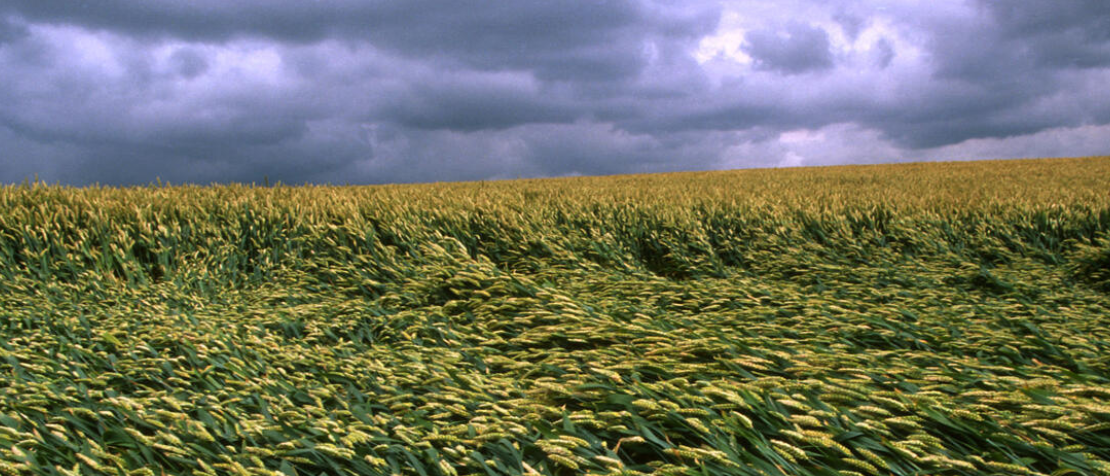Turkmenistan consultation addresses tech, private investment and climate finance access

©FAO/Olivier Thuillier
Stakeholders from across Turkmenistan gathered in Ashgabat on 17 April 2025 for a consultation focused on accelerating the country's access to climate finance by identifying crucial climate-resilient technologies and boosting private-sector engagement in climate action.
The consultation was part of the Green Climate Fund (GCF) Readiness project Improving the Capacity of Turkmenistan to Access Climate Finance through Capacity Building and Strategic Frameworks. This project, managed by the Food and Agriculture Organization of the United Nations (FAO), aims to strengthen the country’s ability to attract climate investment and enhance resilience – particularly in the agricultural, forestry and land-use sectors – and address vulnerabilities such as land degradation, salinization and water shortages. Held as a hybrid event to ensure broad participation, the consultation provided a platform for diverse stakeholders to collaborate on strategic priorities.
Charting the course for climate technologies and private finance
The consultation delved into critical areas for advancing climate action in Turkmenistan. A key focus was placed on identifying climate-resilient technologies best suited for the country’s agricultural, forestry and land-use sectors. Through presentations and group work sessions, participants pinpointed practical technological solutions, discussed how to ensure their alignment with national priorities, and explored potential investment strategies for their successful implementation.
Discussions also addressed mobilizing private-sector engagement and climate finance, including a focus on assessing the current regulatory framework for private-sector investments in climate action. Participants identified existing barriers and began developing a road map to increase private-sector participation and enhance their access to climate finance mechanisms, including the GCF. Sessions in this area also covered tools for tracking climate finance flows and identifying business opportunities in key climate-resilient sectors.
The consultation marked a critical step forward in unlocking the access to climate finance for Turkmenistan, said Evetta Zenina, FAO Natural Resources Officer.
“By bringing together public and private actors to identify climate-resilient technologies and investment priorities, we’re building a foundation for inclusive, sustainable climate action,” Zenina said. “The collaborative spirit shown here demonstrates the country’s commitment to driving innovation and resilience in the face of climate challenges.”
Among the consultation outcomes were a prioritized list of technologies, criteria for their selection, a draft investment framework, the identification of funding needs, and recommendations for integrating technologies into national policies. Discussions on the private sector are anticipated to yield assessments of the regulatory landscape, recommendations for policy reforms and incentives, and the identification of mechanisms to strengthen partnerships among government, development organizations and private investors.
These outcomes provide a solid foundation for enhancing collaboration, improving access to climate finance and supporting the implementation of strategic interventions for climate resilience and mitigation in Turkmenistan. Participants highlighted the value of the collaborative format, which facilitated a comprehensive exchange of perspectives essential for developing effective strategies. Organizers emphasized that the consultation marks a crucial step in enhancing collaboration among all actors to improve access in Turkmenistan to climate finance and to support the implementation of strategic interventions for a more climate-resilient future.
